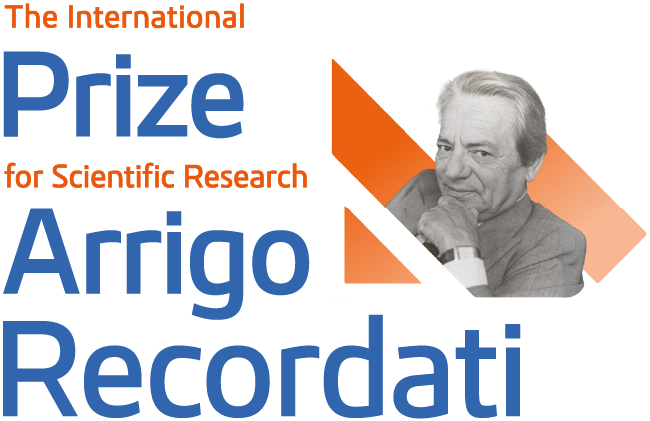About the Prize
Honouring excellence in research
Apply until
January 31, 2026
THE LEGACY of Arrigo Recordati
Two strong beliefs: scientific research and internationalization
Arrigo Recordati strongly believed in the power of scientific research to drive the growth of the pharmaceutical industry and provide products beneficial to public health and individual well-being.
Established in 2000, in memory of Arrigo Recordati, the Prize is an international award that aims to promote scientific research and to inspire biomedical discoveries benefiting people worldwide.
Research is the only true engine of growth for the pharmaceutical industry.
ARRIGO RECORDATI
History of THE recordati prize
The journey of the Prize
25 years of promoting research
The Prize, first dedicated to cardiovascular research and now focused on rare diseases, has evolved alongside global health challenges. It has honoured scientists whose work advanced understanding of complex conditions and brought hope to patients.
As we prepare for the 12th edition in 2026, the legacy of the Arrigo Recordati Prize continues to inspire a new generation of researchers—driven by the belief that scientific discovery is the true engine of progress in healthcare.
Paediatric Oncology – Sarcomas
Paediatric Oncology – Neuroblastoma
Endocrinology – Pituitary disorders
Rare metabolic diseases
Risk reduction strategies for patients with cardiovascular diseases
The pivotal role of microcirculation in systemic and organ diseases
Prenatal congenital heart disease
Imaging diagnostics in heart disease
Interventional cardiology and ischemic heart disease
Sudden cardiac death
Heart failure
Hypertension
COMMITMENT TO RARE DISEASES
For the promotion and recognition of research in rare diseases treatment
Over the last almost 20 years, Recordati has developed, produced and marketed medicines for the treatment of rare diseases through Recordati Rare Diseases, dedicated entirely to serving patients globally living with rare conditions and focused on key treatment areas including rare metabolic diseases, endocrinology and hema-oncology.
From 2019, to reflect our commitment, the Prize has been dedicated to to the promotion and recognition of excellence in rare diseases treatment research.
Prize Regulations
Early-career researchers of all nationalities working in the field of paediatric oncology are eligible. Basic, translational, preclinical, and correlative clinical laboratory research projects focusing on paediatric sarcomas can be submitted.
Application
Applications will be reviewed by an independent panel of internationally recognised experts who have provided leadership throughout their long careers in the field of rare diseases.
Where research receives recognition
This young investigator award is granted every two years to a scientist in recognition for outstanding work in a specified focus area.
